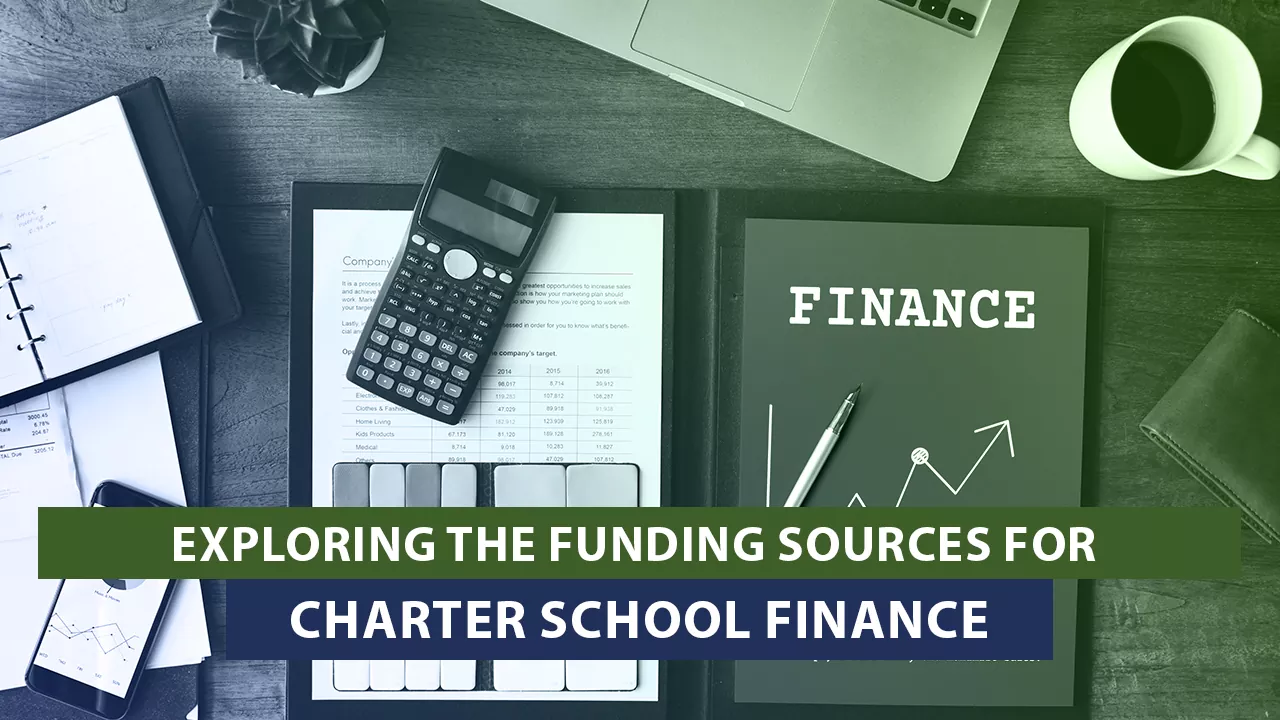A number of choices may need to be made among funding sources for charter school funding. In this direction, we provide information for users about charter school funding to choose among the financial resources of charter schools. Below are some ways to explore funding sources for charter schools:
- Government Funds: Many federal and state government funds provide funding for charter schools to improve charter school funding. These funds aim to support the establishment, growth and development of charter schools.
- Private Foundations and Organizations: Private foundations and organizations can also provide funding sources for charter schools. These may include organizations that provide financial support to charter schools and foundations for educational reform.
- Education Credits: Charter schools can get education credits like traditional schools. These credits can be used to meet the school’s needs.
- Private Investors: Charter schools can obtain financing from private investors. These investors can be individuals, organizations or companies that believe in the success of charter schools.
- Donations: Charter schools can also provide funding through donations. These donations can be used to cover the school’s expenses.
To explore sources of funding for charter schools, it is first necessary to identify the financial needs and goals of the organization. Next, appropriate sources of funding need to be sought and applied for. By leading these points very well, we can make a good progress of charter school funding.
Also: Leveraging Technology to Improve Charter School Funding Management 5 Bonds
What are the Benefits of Funding Sources for Charter Finance?
Using different sources of funding for charter finance can have many benefits. Knowing these benefits will be of great importance in terms of use. Here are the main benefits you should know:
- More liquidity: By using its funding sources, the charter school can have more liquidity and better manage the cash flow needs of the business.
- Business expansion: Funding resources can help the charter school expand its business operations. This can happen in different ways, such as opening new classes, hiring more staff, or upgrading existing facilities.
- Better equipment and resources: By using funding resources, the charter school can have better equipment and resources. For example, they can buy a better technology infrastructure or better grade materials. With enough school finance percepetion, it’s easy to accomplish.
- Better interest rates: By using its financing resources properly, the charter school can take advantage of lower interest rates and manage its debt more effectively.
- Growth opportunities: Funding sources can create growth opportunities for the charter school. For example, they can grow in different ways, such as opening new places or gravitating towards different student groups.
- Investor interest: Funding sources can help charter school attract investors’ attention. This could mean potential investors make the school a more attractive investment.
These benefits can help charter schools grow their businesses and make them more sustainable using their funding sources.

Who Needs Funding Resources for School Finance?
Funding sources for school finance are required for different reasons, such as expanding the charter school, investing, or paying off existing debts. The following groups may need charter finance resources:
- Charter school owners: Charter schools are often run by a founder or group of founders. This group may need funding resources to continue the activities of the charter school.
- Those who want to establish a new charter school: Those who want to establish a new charter school may need financial resources to achieve this goal. This can be due to different reasons such as building new facilities, hiring staff or purchasing classroom materials.
- Existing charter schools: Existing charter schools may need funding to expand their business, invest or pay off existing debts.
- Investors: Investors who want to invest in charter schools can help charter schools by providing funding sources.
- Banks and financial institutions: Banks and financial institutions can provide financing resources to charter schools by making loans or loans.
- Government agencies: Government agencies can provide different sources of funding to charter schools. These resources may be federal government grants to charter schools, state and local governments funds to charter schools, and other aid.
These groups are potential candidates who need funding sources for charter finance.

What Are Not Sources of Funding for Charter Finance?
Funding sources for charter finance should be used within certain limits, and some examples may not be eligible for charter finance, such as:
- Income from illegal activities: Resources used for school finance cannot derive from income from illegal activities. This can put the charter school’s finances at risk and lead to legal problems.
- Speculative investments: Financial resources should not be invested in speculative investments. Such investments can put the charter school’s finances at risk and offer unstable returns to investors.
- Short-term sources of finance: Resources used for school finance should not be used for short-term needs only. Short-term debt can weaken the charter school’s finances and jeopardize sustainability.
- Personal finance: Resources used for school finance should not come from personal finance sources. Personal access to funding sources among the charter school, its founders and directors can lead to a conflict of interest and the independence and sustainability of the charter school can be compromised.
- Fraudulent or misleading activities: Resources used for school finance may not result from fraudulent or misleading activities. Such activities can jeopardize the reputation of the charter school and lead to legal problems.
These examples represent unsuitable sources of funding for school finance. Charter finance should include a portfolio of reliable, transparent and sustainable sources


